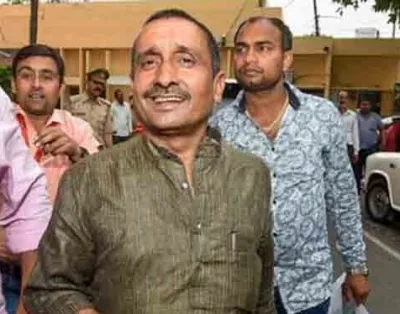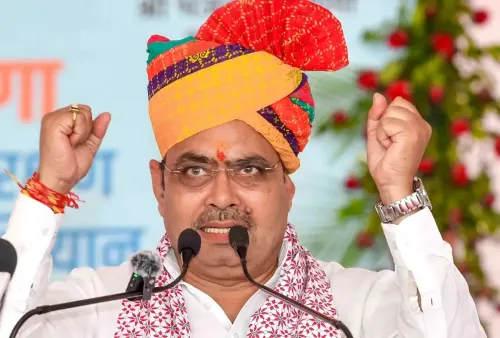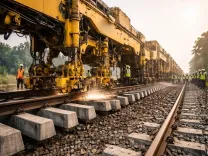Is the rule to acquire one-third of mill land for workers' housing being implemented?

Synopsis
Key Takeaways
- Maharashtra's rule mandates one-third of mill land for housing.
- 13,500 homes have already been constructed.
- Acquisition processes for non-compliant mills are underway.
- Alternative housing options are available in surrounding areas.
- Immediate actions against irregularities in disability education.
Mumbai, July 16 (NationPress) Maharashtra's Industry Minister Uday Samant announced in the state council on Wednesday the implementation of a rule to acquire one-third of the textile mill land for the purpose of constructing homes for workers. This initiative aims to meet the state government’s promise of providing housing to textile mill workers in Mumbai.
“As per the regulations established in 2019 regarding mill land in Mumbai (Section 58) and under the new Development Control and Promotion Regulations (Section 35), it is essential to partition the mill land into three equal segments. One-third will be allocated to the municipal corporation for parks and recreational areas, another third for housing mill workers, and the final portion retained by the owner. This rule is currently being executed in Mumbai,” he stated while addressing a calling attention motion put forth by member Sachin Ahir.
Minister Samant highlighted that under this directive, 13,500 homes have already been constructed, with further developments ongoing on the remaining land. Concerning the Khatav Mill, 10,228.69 square meters of land will be designated for the BrihanMumbai Municipal Corporation and an equivalent area for the housing of mill workers, facilitating the construction of approximately 900 to 1000 new homes.
“For any mill that has yet to allocate one-third of its land, the acquisition process is already in progress. In instances where land is not available in Mumbai, alternative housing solutions for workers will be sought in Thane, Vasai-Virar, and other nearby regions,” the minister added.
Meanwhile, Divyang Welfare Minister Atul Save informed the state council that actions have been promptly initiated against irregularities observed in the residential school for children with disabilities at Matoshree Shobhatai Bhakere, with an administrator now appointed for the institution.
In reply to a calling attention motion by member Sandeep Joshi, Minister Save stated that if the administrator's appointment is not delayed, considerations will be made to extend the administrator's term for up to three years. Directions have been issued to prepare a report for the government and to undertake necessary disciplinary measures.
“Should the institution's director resort to threats involving firearms, a case will be filed against him and his gun license will be revoked,” he asserted.
The complaints lodged against the Commissioner for the Disabled are under investigation, and processes leading to his suspension, including enforced leave, will commence. Minister Save affirmed that the state government is treating the incidents at the school for the disabled with utmost seriousness and that stringent actions will be taken against those responsible.










